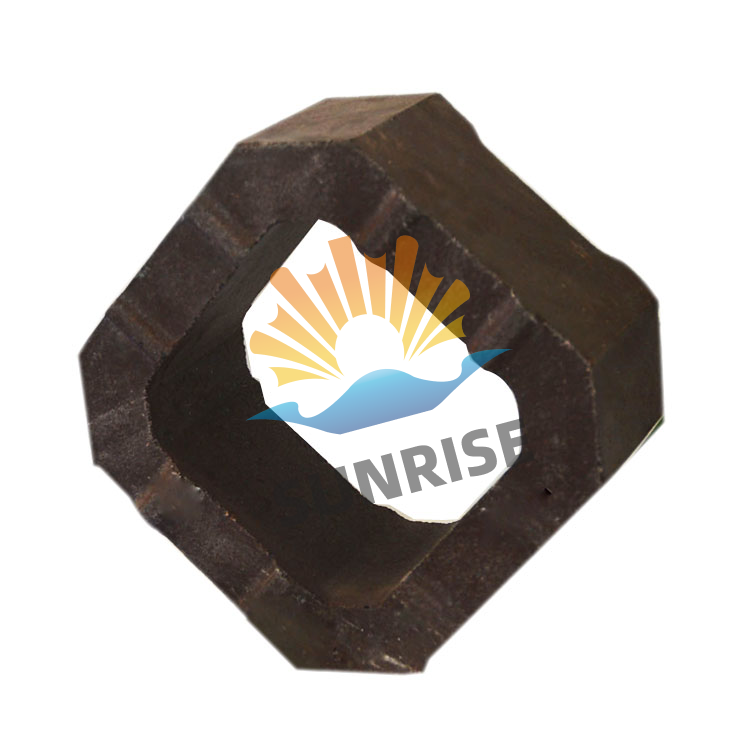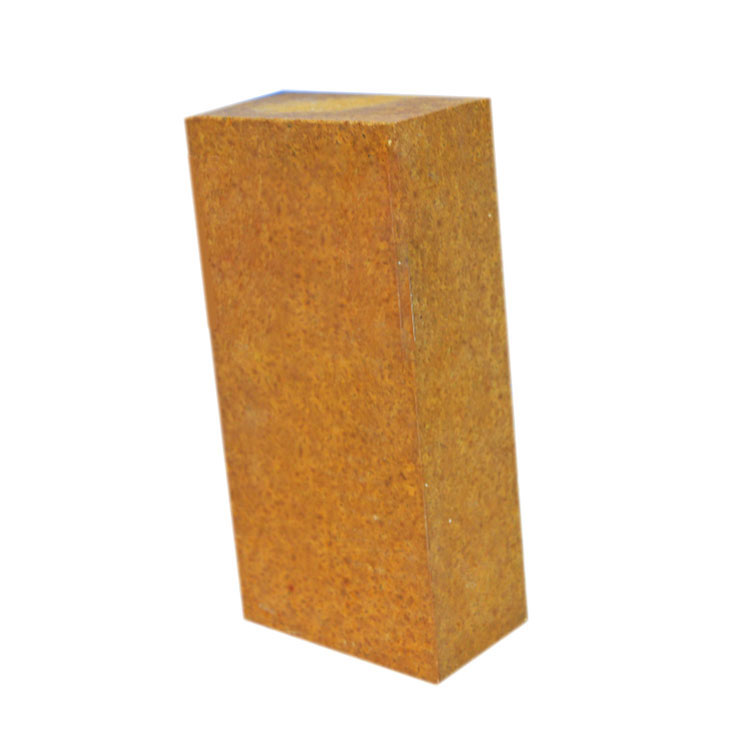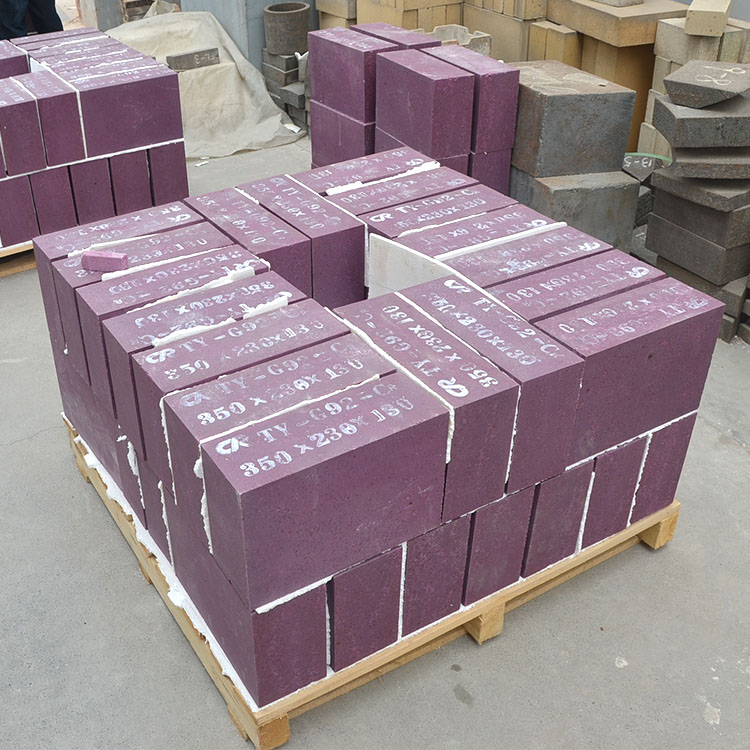
In high-temperature industrial settings across the globe, magnesia-chrome bricks play a crucial role. These bricks are essential for lining furnaces, kilns, and other high-temperature equipment, ensuring the efficient and safe operation of industrial processes. Traditionally, magnesia-chrome bricks can be manufactured through two main methods. One is by utilizing the reaction between iron oxide and spinel, and the other is through the synthesis and co-firing of materials.
Unfired magnesia-chrome bricks have their own set of characteristics. They are known for their simple production process, which results in lower costs. Additionally, they exhibit good thermal stability, making them suitable for certain applications. However, they have a significant limitation: poor high-temperature strength. At temperatures above 1500°C, their strength can decrease by up to 30%, which can lead to structural instability and reduced service life in high-temperature environments.

Direct-bonded magnesia-chrome bricks address the limitations of unfired magnesia-chrome bricks. They are characterized by excellent high-temperature strength. Even at temperatures as high as 1700°C, they can maintain a compressive strength of over 50 MPa, which is significantly higher than that of unfired magnesia-chrome bricks. This high strength allows them to withstand the harsh conditions of high-temperature industrial environments without significant deformation or damage.
In addition to high-temperature strength, direct-bonded magnesia-chrome bricks also have good corrosion resistance. They can resist the erosion of various slag and molten metals, which is crucial for ensuring the long-term stability of industrial equipment. For example, in steelmaking furnaces, they can effectively resist the corrosion of slag, reducing the frequency of brick replacement and improving production efficiency.
When comparing direct-bonded magnesia-chrome bricks with unfired magnesia-chrome bricks, the advantages of direct-bonded bricks become even more apparent. As mentioned earlier, the high-temperature strength of direct-bonded bricks is much higher. In terms of thermal shock resistance, direct-bonded bricks can withstand rapid temperature changes better, with a thermal shock resistance of up to 10 - 15 times, while unfired magnesia-chrome bricks may only withstand 3 - 5 times.

Direct-bonded magnesia-chrome bricks are widely used in various industries. In the metallurgical industry, they are used in steelmaking furnaces, converters, and electric arc furnaces. Their high-temperature strength and corrosion resistance ensure the stable operation of these furnaces, improving steel quality and production efficiency. In the glass industry, they are used in glass melting furnaces, where they can withstand the high temperatures and corrosive environment, ensuring the continuous production of high-quality glass products.
To illustrate the effectiveness of direct-bonded magnesia-chrome bricks, let's look at some real-world case studies. A steelmaking company in Europe replaced its unfired magnesia-chrome bricks with direct-bonded magnesia-chrome bricks in its electric arc furnace. As a result, the service life of the furnace lining increased from 300 heats to over 500 heats, reducing the frequency of furnace maintenance and increasing production capacity. Another glass manufacturing company in Asia used direct-bonded magnesia-chrome bricks in its glass melting furnace. The bricks effectively resisted the corrosion of molten glass, resulting in a significant reduction in production defects and an increase in product quality.

In conclusion, direct-bonded magnesia-chrome bricks are an ideal choice for high-temperature industrial applications. Their excellent high-temperature strength, corrosion resistance, and thermal shock resistance make them superior to unfired magnesia-chrome bricks. They can significantly improve the performance and service life of industrial equipment, reduce production costs, and enhance product quality. For businesses looking to enhance their competitiveness in the global market, direct-bonded magnesia-chrome bricks are the perfect refractory material solution.
Ready to upgrade your industrial equipment with high-quality direct-bonded magnesia-chrome bricks? Contact us today to learn more about our products and how they can benefit your business!

